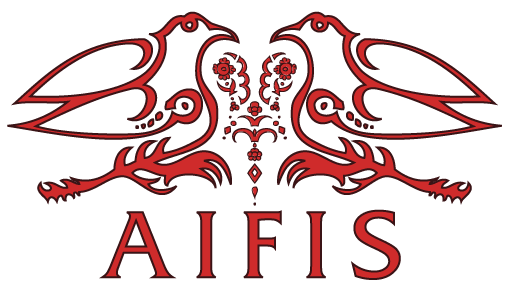Call for Papers Conference on Gendered Violence Across Time and Space: The Netherlands East Indies, Indonesia, East Timor (Timor-Leste)
To be convened by Dr Ana Dragojlovic, Dr Hannah Loney and Associate Professor Katharine McGregor
Across time and space Indonesian, Dutch and East Timorese people have been included to different degrees in versions of the modern nation state today known as Indonesia. From the Dutch colonial period and through the Japanese occupation and the Indonesian occupation of East Timor, the degrees of inclusion or exclusion of persons from those states, have had direct bearings on patterns of gendered violence. Those patterns of inclusion or exclusion introduced structural based economic, political, legal and social inequalities that made some persons more vulnerable to gendered violence. In these diverse contexts, through periods of conflict and peace, people have faced and tried to resist different forms of gendered violence including, for example, violence perpetrated by state agents in the context of conflict, violence against sex workers, and violence within homes.
Although scholars have offered many valuable case studies of gender based violence (GBV) across the region today made up of the nations of Indonesia and Timor-Leste, and related diasporas, rarely have such analyses been brought together to consider diverse forms of gendered violence and their causes. This particular region of the world is important to consider because of multiple experiences of armed conflict and occupation as well as the diversity of people affected by gendered violence and the complexity of the religious and cultural communities involved. It is also important that we stop now to reflect on what we can learn from historical and contemporary cases because gendered violence is today on the rise in the region.
This conference seeks to place gendered violence at the centre of analysis of this region and to invite critical conversations around how we might reframe discussions of what historically has been termed gender based violence. What is meant by gendered violence, and gender-based violence
(GBV)? Are these conceptualizations sufficient for the challenges that historians, human rights activists, anthropologists, feminists and queer studies scholars have been grappling with? How can we adequately capture the roles played by structural forms of inequalities such as economic, political, and racialized forms of marginalization? We are particularly interested in papers that offer critical lenses to our thinking about gendered violence beyond reproducing essentializing dichotomies of vulnerability versus resilience and pathologization of ethnic and religious ‘others’.
We invite papers that reflect on historical and contemporary cases of gendered violence in the region and across diasporas through the analysis of archives, testimonies, detailed ethnographies, activism, legal cases, film, literature and art.
Papers might take up themes such as:
- affective and visceral aspects of violence
- violence and embodiment
- narrative modalities including silence
- knowledge production and activism
- visual and performing arts
- the law and gender based violence
Key Information
Date: 10-12 May 2018
Location: The University of Melbourne, Melbourne, Australia
Abstracts: Please send an abstract proposal of 250 words and a CV of publications to date to Hannah Loney (loneyh@unimelb.edu.au)
Due date: 10 January 2017
Notifications of acceptance will be made by 19 December 2017.
The expectation is that draft papers will also be circulated one month prior to the conference so that we can carefully consider plans for a conference publication.
Registration:
Waged participants: $100
Students, non-waged participants, and participants from the region: $30
Postgraduate bursaries: 2 x postgraduate bursaries of $500 each to contribute to flights and accommodation are available. If you wish to be considered for one of these bursaries, please attach a short statement outlining how attending the conference will contribute towards your research and practice, and why you require funding to attend the conference, to your abstract proposal.
This conference is supported by the MAEVe and the Faculty of Arts at the University of Melbourne.
For more information click here.






